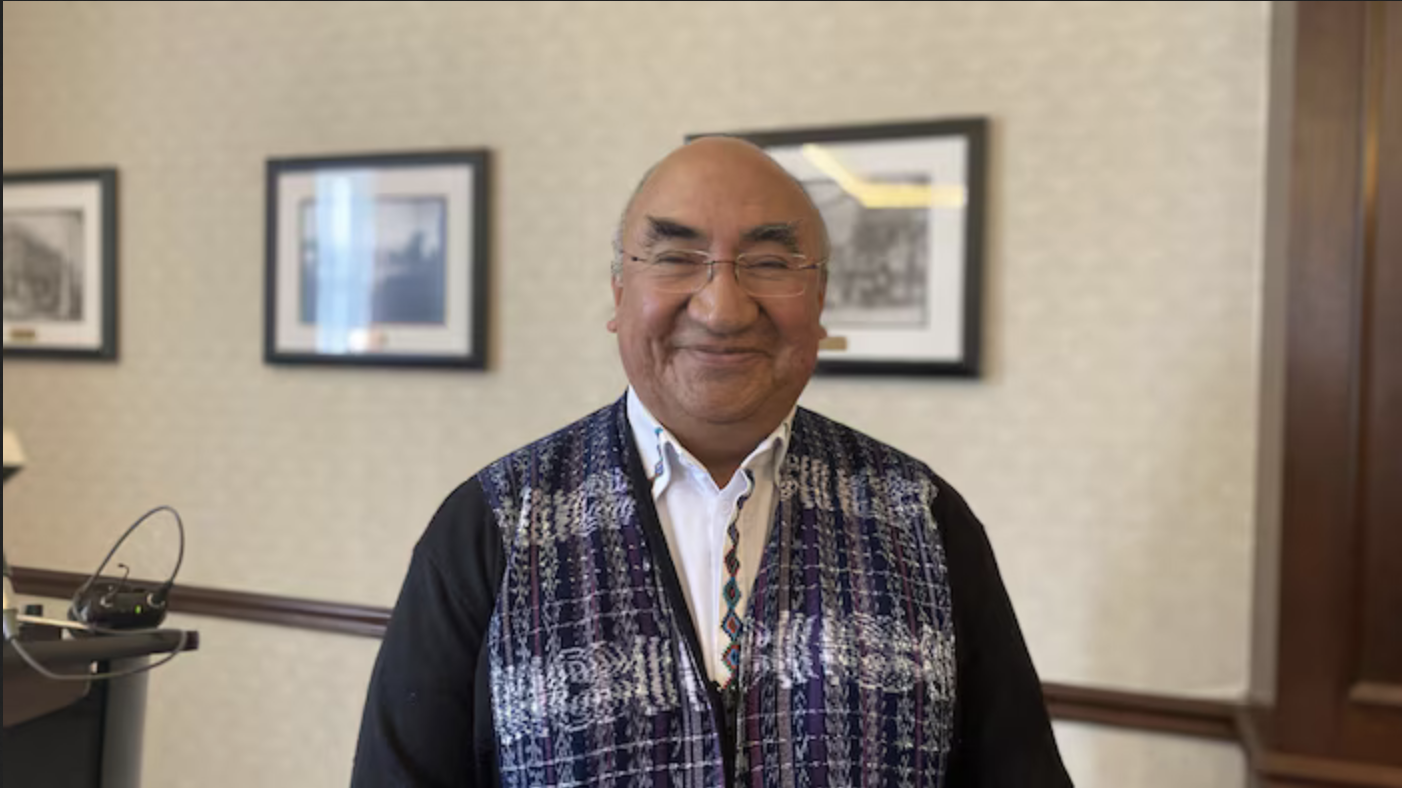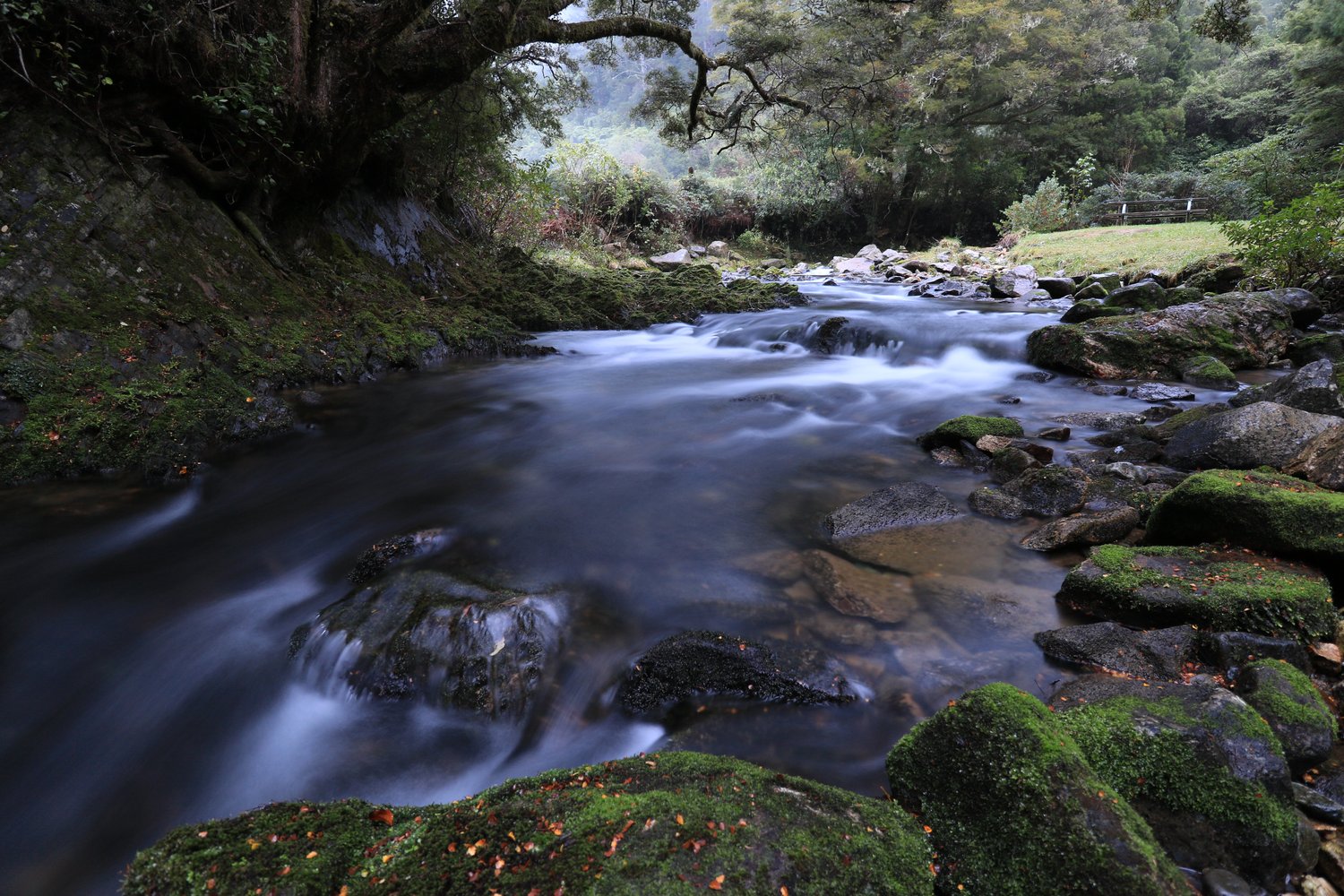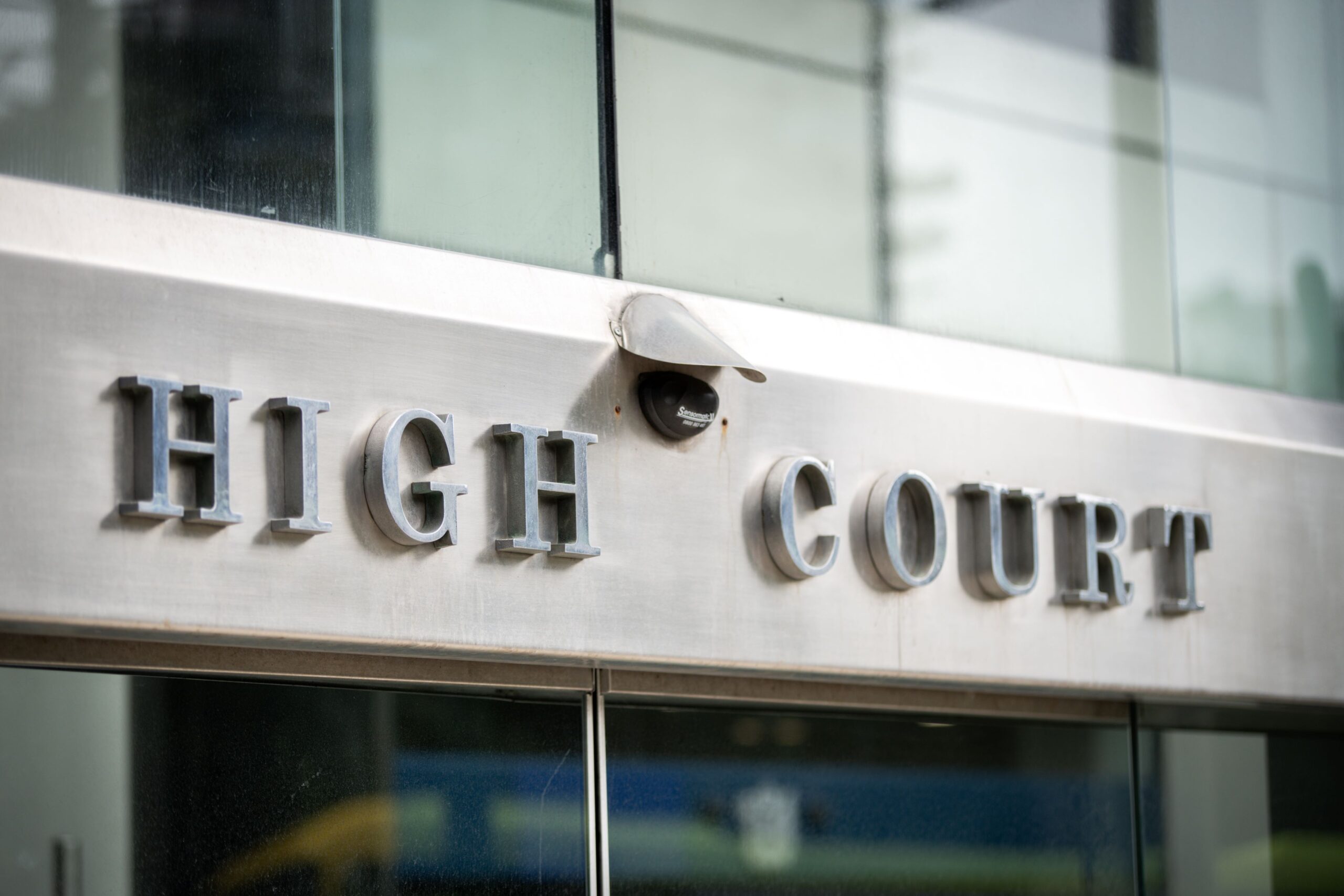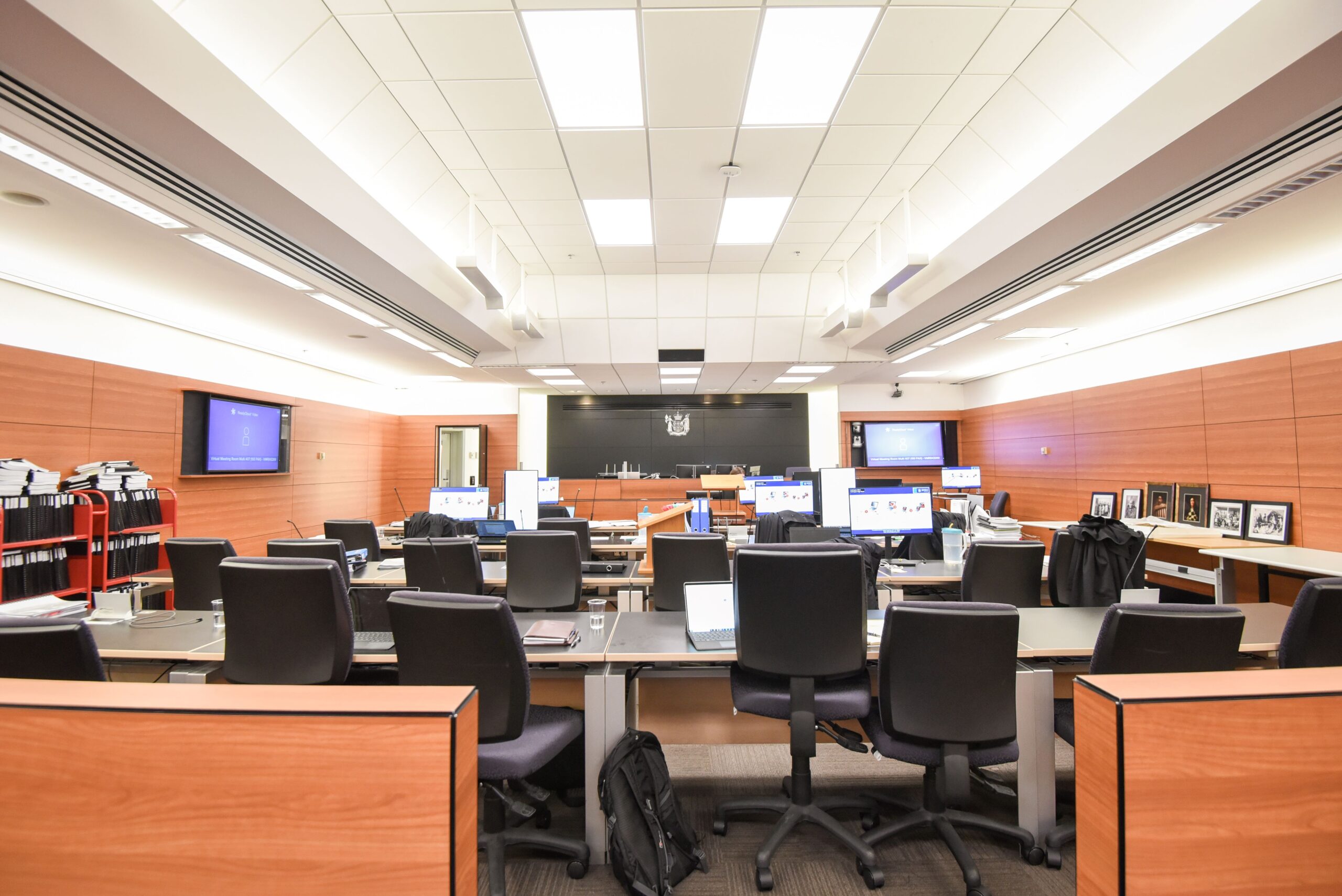Jasmine La’auli, Ngāti Tama
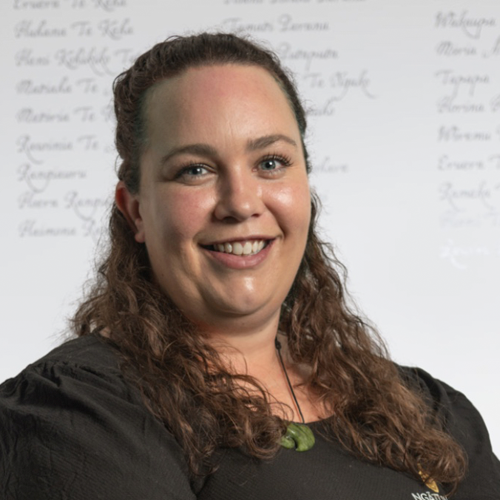
Jasmine descends from Rameka Te Ketu who is named on the Native Land Court List, 1892.
What does whakapapa mean to you?
Whakapapa is important to me and my whānau because it is our belonging and connection to our whenua and to our ancestors/tūpuna. It is our Māori heritage, our identity.
What is your connection to the Nelson Tenths whenua?
Our connection to Nelson Tenths whenua is through Rameka Te Ketu (Ngāti Tama ki Te Tauihu). He resided in Tākaka and lived there for many years before returning to Taranaki to help with the land wars.
What is your advice for someone starting out on their whakapapa journey?
My advice for someone starting on their whakapapa journey is to just start. If the information is not available or hasn’t been passed down to you there are some useful websites that may help you. Don’t let anyone’s thoughts or opinions stop you from finding out your whakapapa.
Can you share an anecdote about your tūpuna on the Native Land Court List, 1892
Rameka Te Ketu signed three major Ngāti Tama deeds of 1855 (Motupipi and Tākaka land) and 1856 (Separation Point) as well as the 1863 agreement with Ngāti Rarua over boundaries at Te Tai Tapu.
In 1863 he was falsely accused of killing a cow belonging to a settler. Constable Taylor’s investigations revealed that the cow actually belonged to Rameka Te Ketu himself and that it had poisoned itself by eating potato tops.
Can you tell us about your own whakapapa journey?
Our whānau weren’t lucky enough to have my koko Tiki Wharerangi Haare Hawe whakapapa passed down to us.
I started my whakapapa journey when I started working at the Māori Land Court. I started looking through old minutes, list of historic owners documents and started to find our tūpuna links to the blocks that were left in my whānau names through succession.
I first found our Ngāti Tama link through whenua we had remaining over in Tākaka.
Wakatū helped me with our Tama whakapapa as they showed me our link to Rameka Te Ketu. While on Te Rakau Pakiaka I researched and had help from colleagues to find out the bigger picture of when our whānau settled here, where they passed away, marriages and wives.
Although the way we have found our whakapapa is not the conventional way (I would have loved to have had it passed down to us), I had to start somewhere and was lucky enough to be able to trace and connect to our whakapapa we never had.
It is now our taonga that we can pass down for generations to come.
This is one of my biggest accomplishments and the journey is still going and will never end.

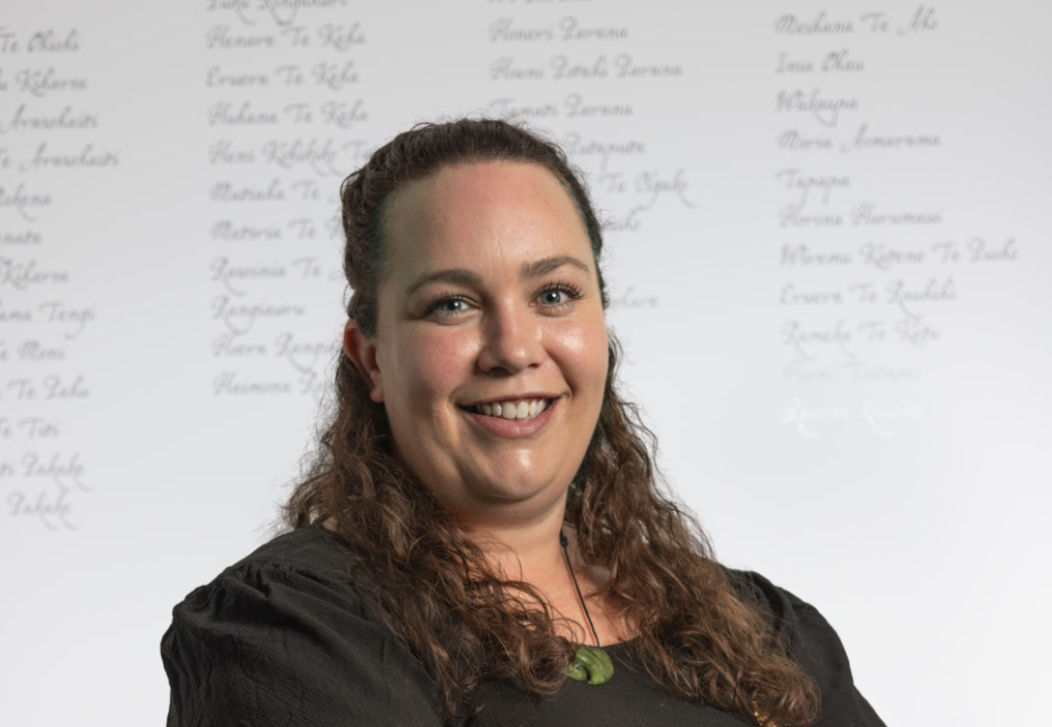
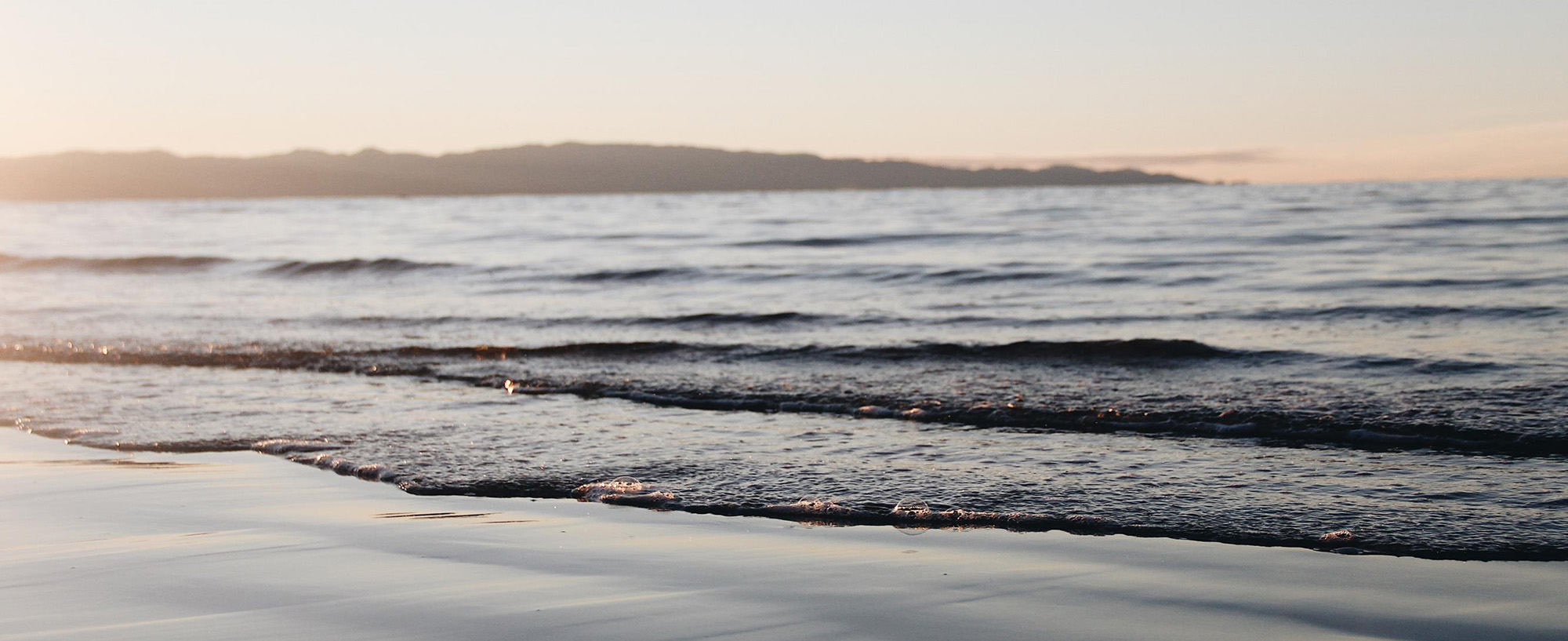
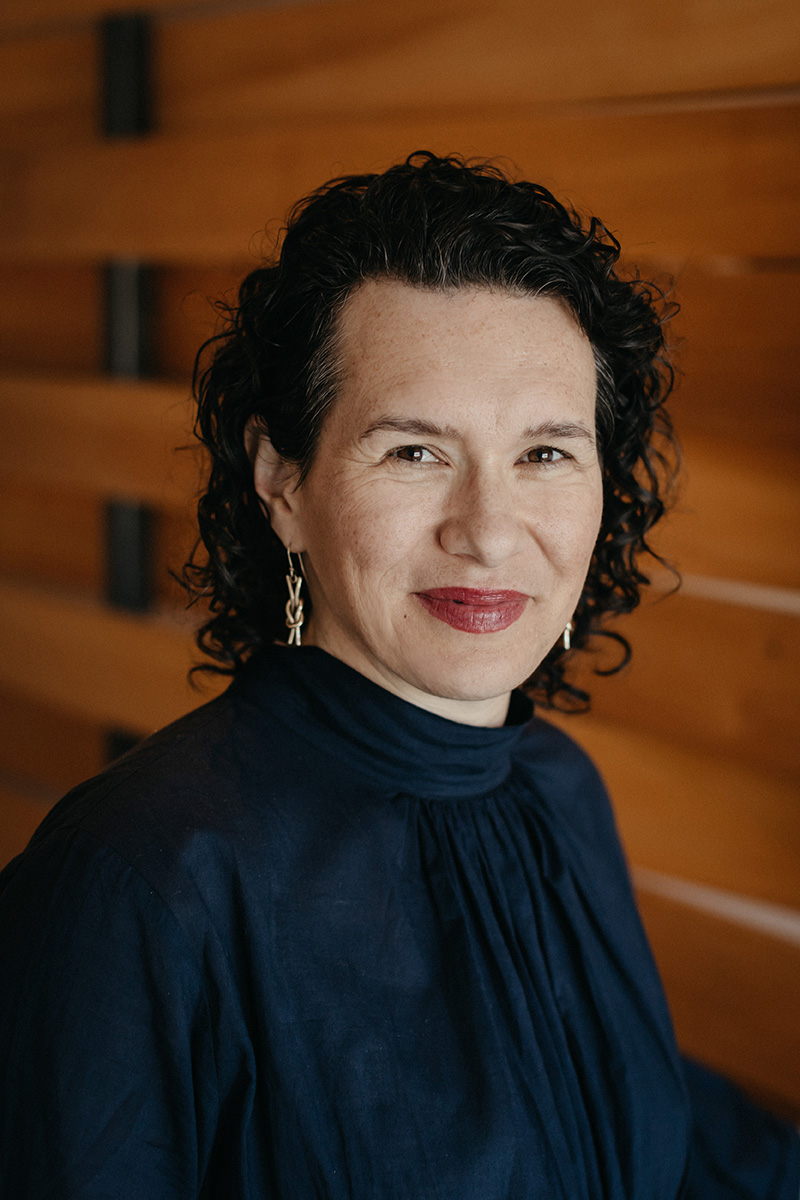
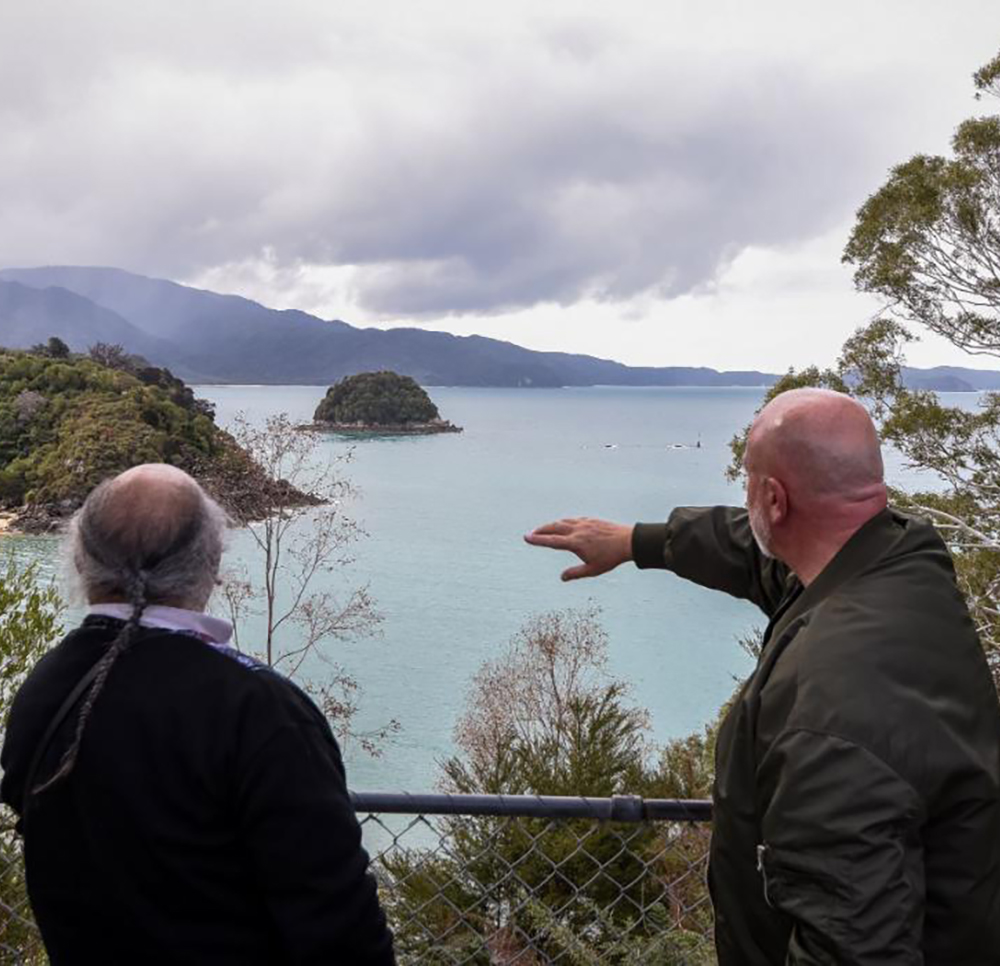
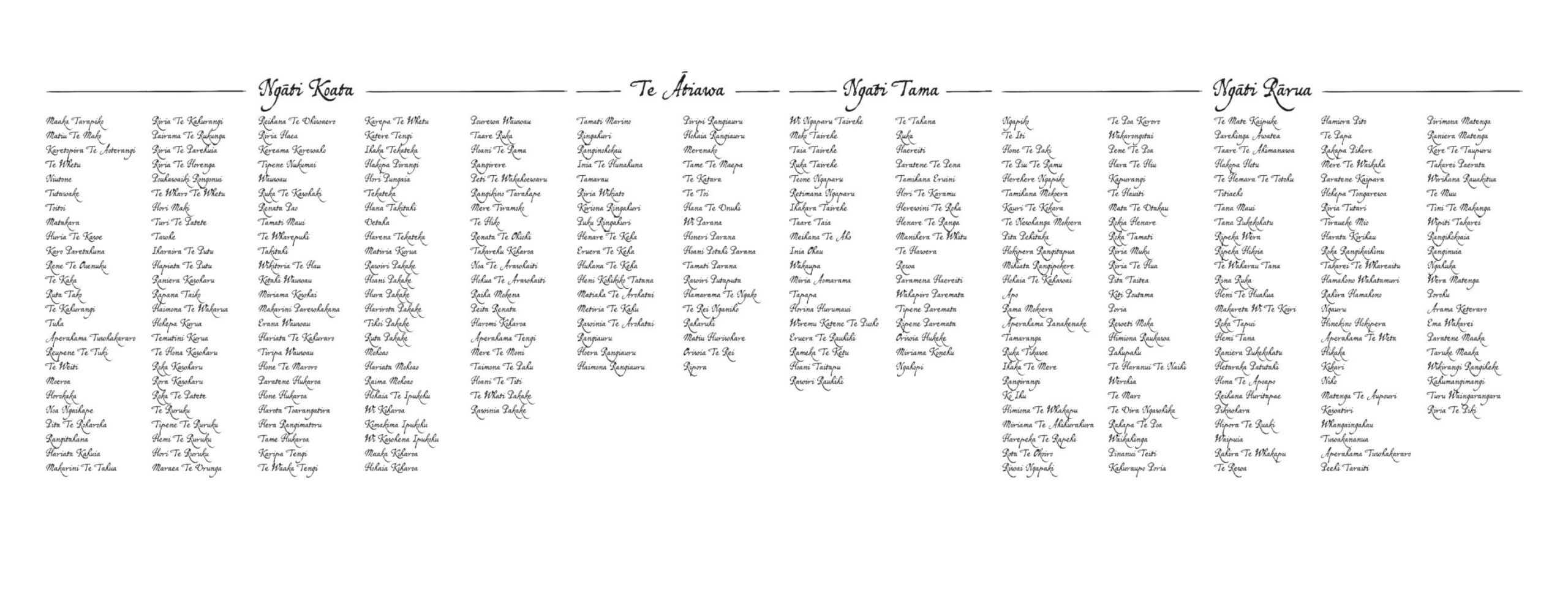

 Whakapapa to me is our indigenous way to understand how the world is. It is inherent to who we are as Māori. It is our line we trace back that connects us to everything in the natural world. For me, whakapapa ties me to my hapū-based identity as Te Ātiawa and Ngāti Koata. It is a reciprocal relationship with all that is around us – we belong to the land, the river and the seas and it is our responsibility to protect and nurture it for mokopuna to come.
Whakapapa to me is our indigenous way to understand how the world is. It is inherent to who we are as Māori. It is our line we trace back that connects us to everything in the natural world. For me, whakapapa ties me to my hapū-based identity as Te Ātiawa and Ngāti Koata. It is a reciprocal relationship with all that is around us – we belong to the land, the river and the seas and it is our responsibility to protect and nurture it for mokopuna to come.